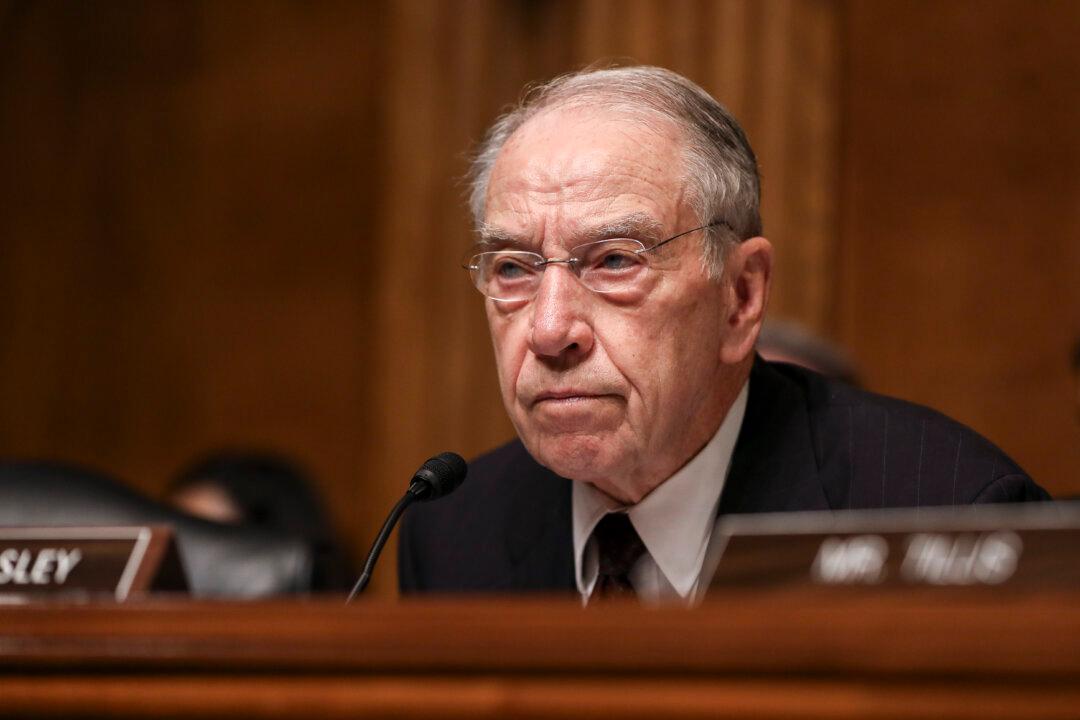News Analysis
The chairmen of two U.S. Senate committees are disputing claims made by an FBI official to the Department of Justice Office of Inspector General (OIG), saying the claims are contradicted by four classified footnotes in a recent OIG report that delved into FBI’s surveillance of Trump 2016 presidential campaign aides.





